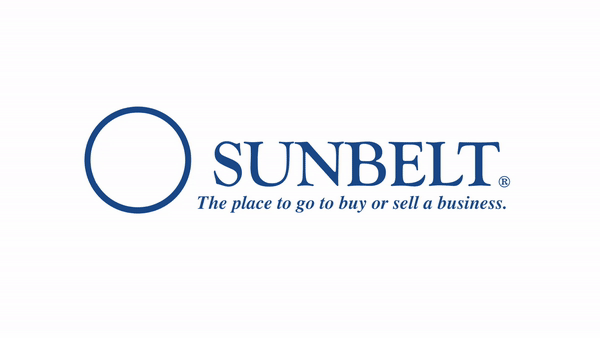What Are Comparable Sales in Business Valuation?
- Dan Elliott

- Jul 4, 2025
- 4 min read
Updated: Jul 30, 2025

If you’ve ever shopped for a used car or a house, you might have heard the term “comparable sales” tossed around. It’s a simple idea: look at what similar items have recently sold for, and use that information to determine what something is worth. When it comes to valuing a business, the concept works similarly, but with added complexity and greater stakes.
In business valuation, comparable sales help buyers and sellers understand a company’s market value by comparing it to similar businesses that have recently changed hands. In this article, we’ll look into what comparable sales are in business valuation and how professionals use them to paint a clearer picture of a business’s true worth.
Why Comparable Sales Matter in Business Valuation
Comparable sales help answer a big question: What would someone realistically pay for this business?
This method is especially useful when buying a business, because it reflects real-world market behavior. It shows how much buyers have paid for businesses that are similar in terms of size, industry, revenue, and location. That makes it a useful tool for buyers, sellers, brokers, and investors who want a market-driven estimate.
Comparable sales can also:
Set expectations for sellers
Prevent buyers from overpaying
Give both sides a shared benchmark
It’s not a one-size-fits-all method, but it provides a solid foundation to start from.
How Professionals Use Comparable Sales in a Business Valuation?

Once the right comps are found, professionals adjust them to fit the business being valued. They don’t just copy sale prices; they look at the multiples. This approach enables them to calculate a business valuation that accurately reflects the company's specific earnings, industry, and risk profile.
One of the most common is the Seller's Discretionary Earnings. For example:
If a restaurant sold for $300,000 and had an SDE of $100,000, the multiple is 3 times.
If your restaurant has a similar profile and an SDE of $120,000, you might estimate its value at around $360,000.
Other common valuation multiples:
Price to Revenue
Price to EBITDA (Earnings Before Interest, Taxes, Depreciation, and Amortization)
The process often involves averaging multiple comps to create a value range, rather than a single number.
What Counts as a Comparable Business?
Not every business sale is a helpful comparison. For a sale to be useful, the business should match closely with the one being valued.
Here are a few things that typically need to align:
Industry: Is the business in retail, food service, healthcare, etc.?
Size: Are the revenues, profits, and number of employees similar?
Location: A bakery in a big city might sell for more than one in a small town.
Growth trends: Is the business stable, shrinking, or expanding?
Assets and liabilities: Are the businesses both asset-heavy or light?
The closer the match, the more reliable the sale is for comparison.
Where Do You Find Comparable Sales Data?

Accessing private business sales can be challenging. That’s why most professionals use databases and broker networks. Some of the top sources include:
BizBuySell: Lists small to medium-sized businesses for sale and includes past sales data
DealStats (formerly Pratt’s Stats): Offers detailed transaction info from business brokers and valuation pros
IBBA (International Business Brokers Association): Another network that shares industry benchmarks
Accountants, appraisers, and business brokers also use their own transaction history and private deals they've been part of.
Final Thoughts
So, what are comparable sales in business valuation really about? They offer a real-world snapshot of what similar businesses have sold for. They help ground valuation in actual market data, which is useful for everyone involved. Still, this method isn’t perfect. Every business is unique, and sales details aren’t always public or consistent. It is helpful to use comparable sales as part of a larger valuation process. If you’re buying, selling, or just curious about your business’s worth, working with someone experienced in business valuation can make a big difference.
Get a Market-Based Business Valuation You Can Trust
Understanding your business's true value starts with real data. At Sunbelt Texas, we use recent comparable sales and proven valuation methods to help you price confidently, whether you're buying, selling, or just planning ahead.
Contact us today to get expert guidance backed by real-world market insight.
FAQs
Are comparable sales the best way to value a business?
Not always. They offer helpful market insight, but professionals usually combine them with other methods to get a fuller picture.
What if I can’t find any good comps?
You should broaden your criteria or rely more on income or asset-based approaches. A broker or appraiser can help.
Can I use public company sales as comps?
Usually not. Public companies vary significantly in size, structure, and financial reporting, making them less useful for comparisons with small businesses.
How current should the comparable sales be?
More recent is better. The market changes, so comps from the last 12 to 24 months are usually preferred.
What if two comps give very different values?
That’s common. Use a range, and adjust based on what makes your business stronger or weaker than the comps.




Comments